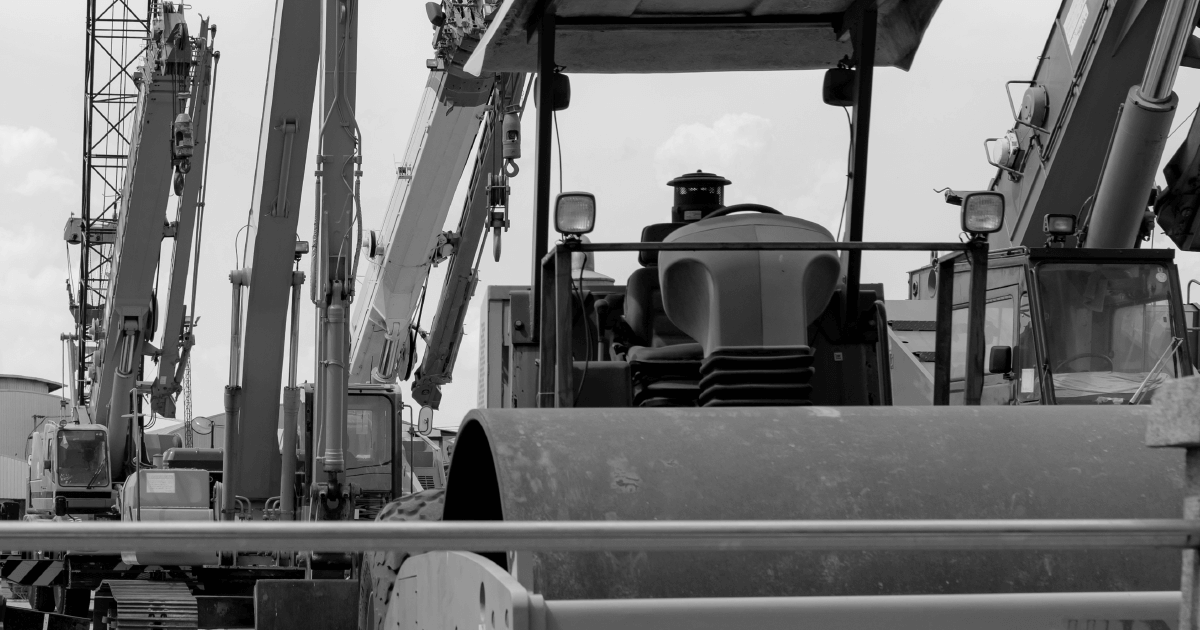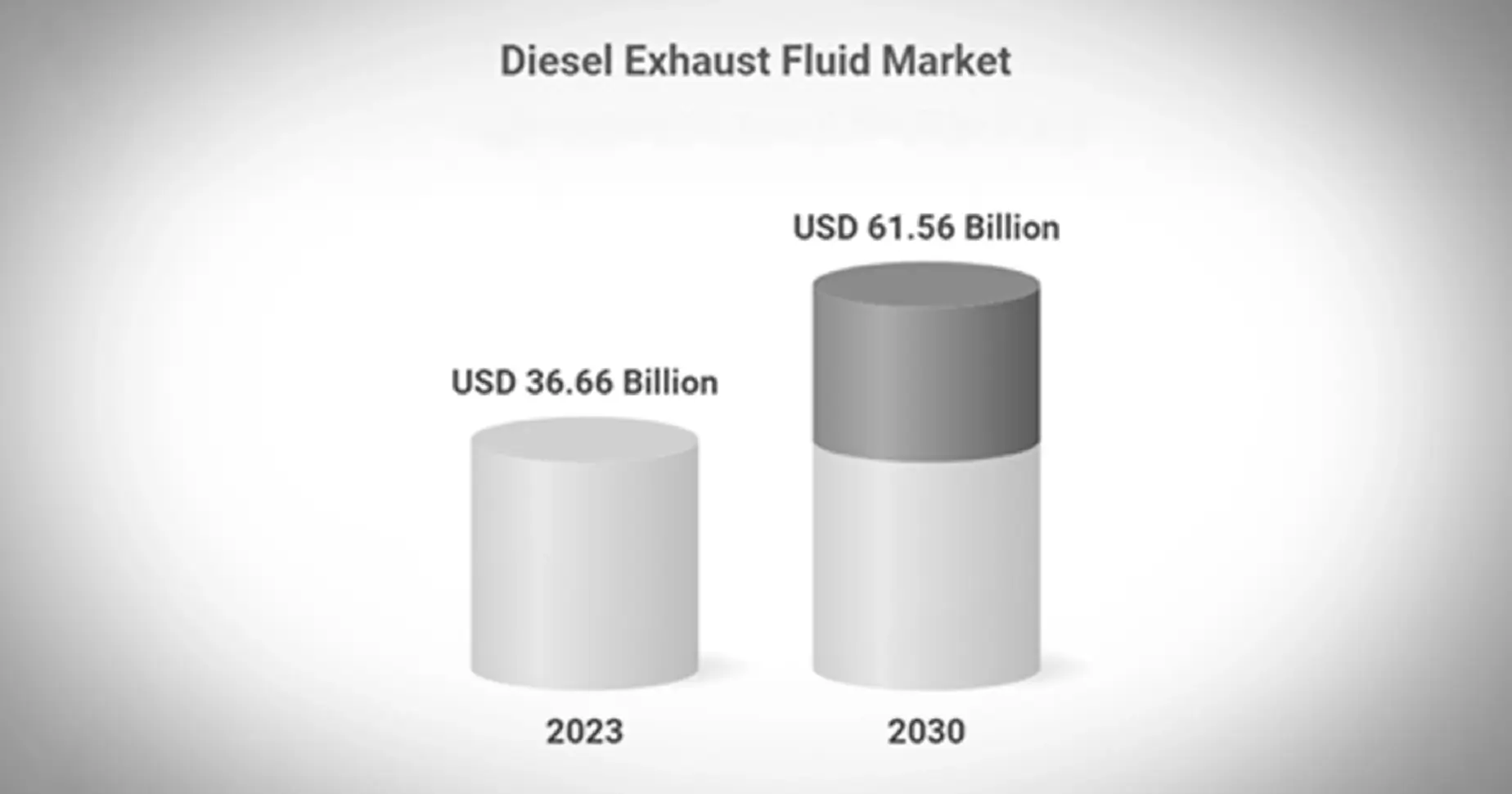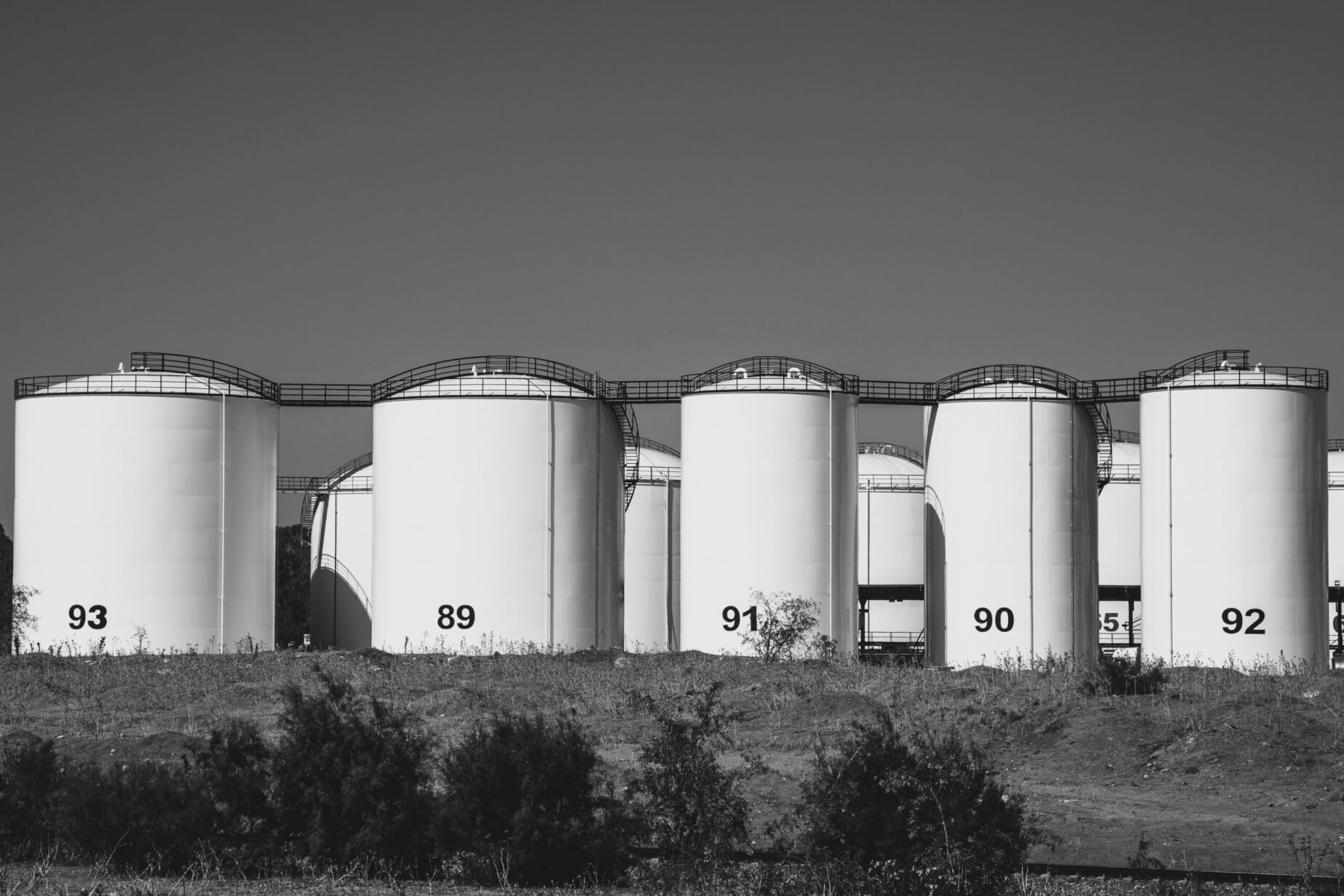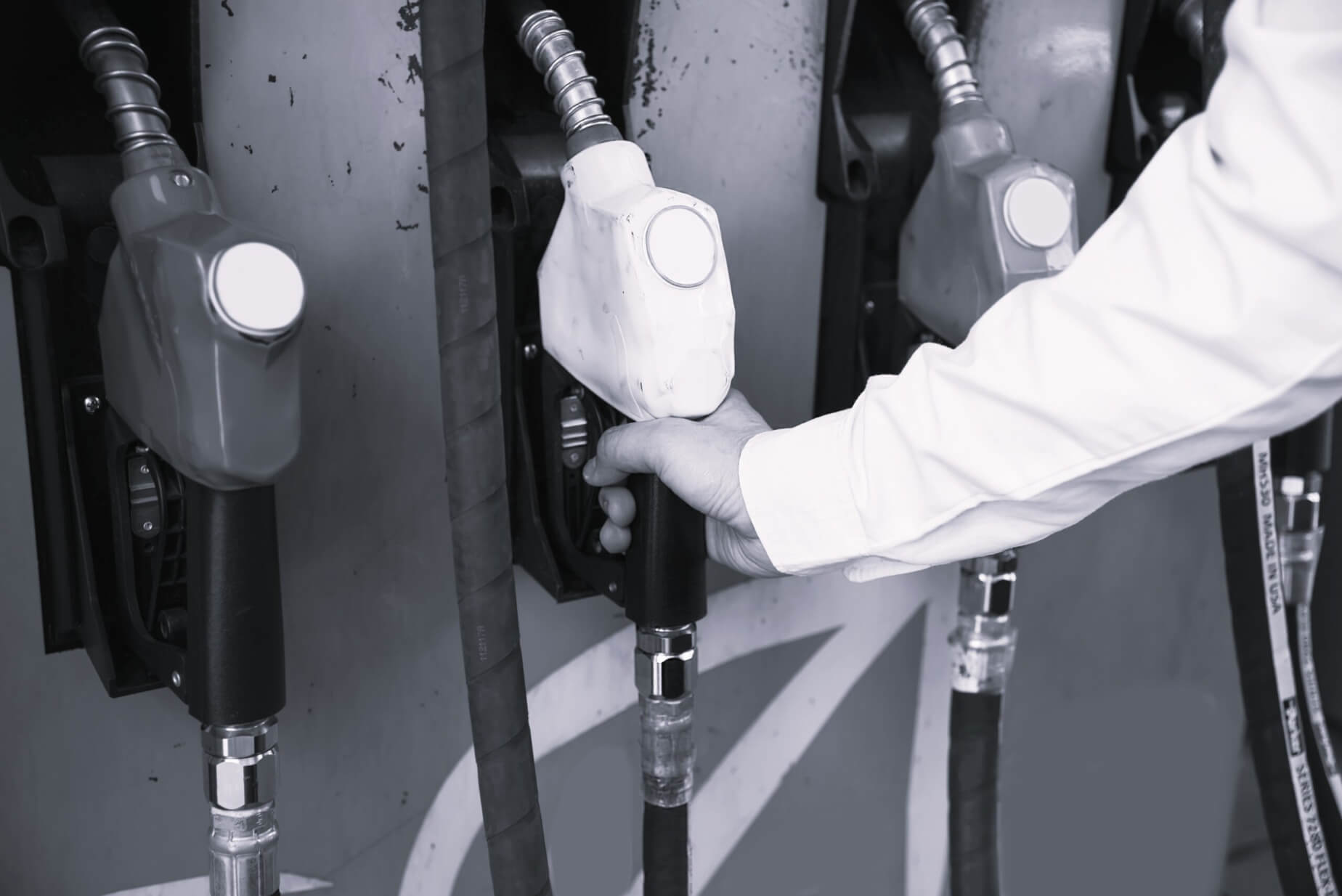Choosing the right construction vehicles for your fleet is a key decision that can greatly influence project costs and timelines.
A study from the University of Cape Town shows that using construction vehicles efficiently can have a big impact on these factors.
Proper vehicle selection and planning are crucial for smooth construction operations. Therefore, we’ll disclose different types of construction vehicles such as bulldozers, excavators, cranes, and loaders, and how each one contributes to a successful and efficient project.
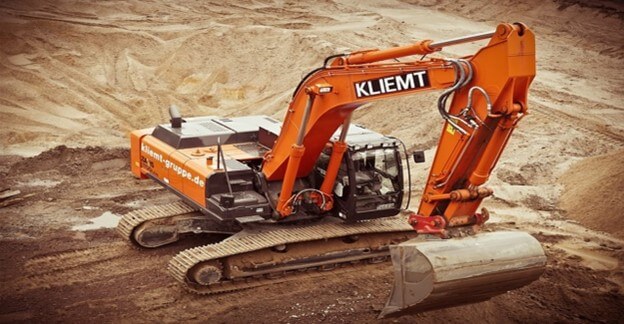
Construction Vehicles
Construction vehicles are critical for today’s construction industry, as they handle tasks that would be too difficult or slow for human workers. These machines help quickly move large amounts of earth and pave roads. They offer several key benefits such as boosting project speed and efficiency by moving materials rapidly and cutting down on labor costs.
Furthermore, construction vehicles also use advanced technology for precise, high-quality work and improve safety by maneuvering dangerous tasks. Usually, you’ll find all real construction vehicles divided into 3 categories such as earth moving, material handling, and road construction equipment.
Earthmoving Equipment
Earthmoving equipment is used to move large amounts of soil and rock, preparing land for construction. They include vehicles such as bulldozers, excavators, loaders, scrapers, etc:
1. Bulldozer
Bulldozers are powered by large diesel engines that provide strong torque. They are used in construction, mining, and land clearing to level uneven ground, excavate areas for foundations or trenches, and push large amounts of earth and debris.
Bulldozers are also crucial for site preparation, clearing away vegetation and debris to prepare areas for construction. A blade is the primary tool on a bulldozer, available in straight, angled, or U-shapes to suit different tasks. Here are the types of bulldozers:
- Crawler bulldozers – They have tracks that give them great traction on rough terrain, making them perfect for heavy-duty tasks in tough conditions.
- Wheel bulldozers – They have wheels for better maneuverability and are ideal for working on paved surfaces.
- Mini Dozers – They’re also bulldozers but in compact form and are better suited for versatile tasks that require speed.
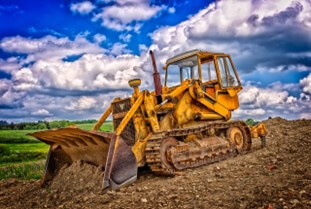
2. Excavators
Excavators are machines used in construction, demolition, and mining for tasks like digging trenches, foundations, and holes. They are also effective at loading and unloading materials such as dirt and rocks, demolishing structures, and preparing construction sites by clearing obstacles and leveling ground.
The boom and arm on an excavator enable it to dig and reach in different directions. Whereas the bucket, its main tool, comes in various sizes and shapes for digging and handling materials. Excavators also include rotating cabs and tracks. Here are the types of excavators:
- Hydraulic excavators – They use hydraulic cylinders to control the boom, arm, and bucket.
- Backhoe excavators – They come with a backhoe attachment, making them ideal for digging trenches and working in tight spaces.
- Skid Steer Excavators – These excavators have booms and buckets that face away from the operator, allowing for better access in tight spaces, making them great for residential work.
- Long Reach Excavators – Ideal for demolition and hard-to-reach areas, they have arms that can extend up to 100 feet horizontally.
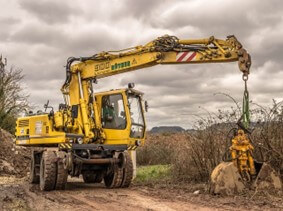
3. Loader
Widely used in construction, agriculture, and material handling, loaders are used for loading materials into dump trucks and transporting them to short distances. But more than that, they’re used for plowing, digging, drilling holes, tamping soil, and cutting. Here are the types of loaders:
- Front-end loaders – They have a bucket on the front that moves up and down for scooping up material.
- Backhoe loaders – They include a tractor, a loader to plow materials, and a backhoe attachment for digging.

4. Scraper
Scrapers are designed to dig up and move large amounts of earth and other materials over short distances to dump sites or other locations. The types of scrapers include:
- Self-loading scrapers – They have a bowl-shaped blade that can be lowered to collect material from the ground.
- Towed scrapers – They are pulled by a tractor or another vehicle, connected to them through a hitch.
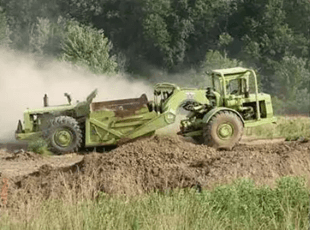
Material Handling Equipment
Material handling equipment is used to lift, mix, and transport materials on construction sites safely and efficiently. It usually consists of dump trucks, concrete mixers, cranes, forklifts, etc:
1. Dump Truck
Dump trucks are used for transporting loose materials like dirt, gravel, sand, and construction debris in construction projects, mining, and waste management. It has a deep bed with a large bucket at its rear to dump material. Dump trucks could come in either open-top or side-dump body form. Here are their types:
- Rigid Dump Truck – This type has a single frame and axle, making it more maneuverable for urban areas.
- Articulated Dump Truck – This type has a hinged frame for better flexibility and off-road performance.
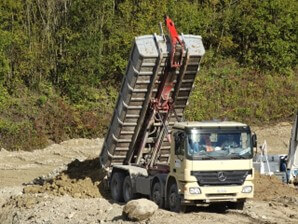
2. Concrete Mixer
Concrete mixers are used to transport and mix concrete at construction sites, playing a crucial role in building roads, bridges, and buildings. They include a drum that spins continuously and uses either a planetary or twin-shaft mixing mechanism. Some mixers come with built-in water tanks for adding water to the concrete. Here are the types of concrete mixers:
- Stationary Concrete Mixer – This type is fixed in one location for mixing concrete.
- Transit Concrete Mixer – This type is mounted on a truck, allowing it to be moved between different construction sites.
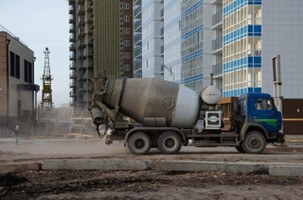
3. Crane
Cranes are necessary for lifting and moving heavy objects in construction, industrial operations, and material handling. They consist of a hoist and hook for hauling heavy loads and boom arms that allow them to reach far. Their jib length extends their reach horizontally. Types of cranes are:
- Mobile Crane – Mounted on a truck chassis, this type can be easily moved to different locations.
- Tower Crane – This type is fixed in one spot and has a tall structure, enabling it to reach great heights.

4. Forklift
Forklifts as the name suggests come with a fork attachment for lifting and transporting palletized loads in warehousing, logistics, and manufacturing. There are multiple types of forklifts, including:
- Electric Forklift – Battery-powered, these forklifts are quieter, cleaner, and ideal for indoor use.
- Diesel Forklift – Powered by diesel engines, these forklifts offer more power and are best for outdoor operations.
- Counterbalance Forklift – These forklifts use a counterweight to maintain balance and prevent tipping when lifting heavy loads.
- Side Loader – A type of warehouse forklift that allows users to stand in a sideways compartment, making it great for handling long loads like timber and pipes.

Road Construction Equipment
Road construction equipment includes specialized machinery for building and maintaining roads and bridges, including asphalt pavers, rollers, and concrete paving machines:
1. Roller
Rollers are key machines in road construction for flattening materials like asphalt, gravel, and soil. This compaction is crucial for creating a stable, durable road surface.
Besides, rollers are used at different stages, including preparing the base, compacting subgrade, and paving asphalt. They can have smooth drums for general compaction or patterned drums for creating textured surfaces for specific tasks. Here are the types of rollers:
- Static Roller – Uses its weight to compact material, ideal for heavy-duty tasks like compressing soil or gravel.
- Vibratory Roller – Uses vibrations to compact, commonly used for smoothing asphalt or concrete, and is more effective for fine-grained materials.
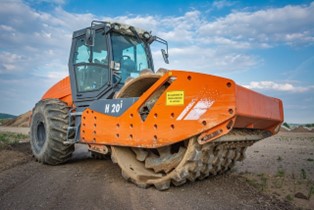
2. Asphalt Paver
Used in both new roads and maintenance, asphalt pavers lay asphalt smoothly and evenly on a surface. They have a hopper to hold and spread asphalt mix on a prepared surface. In addition, asphalt pavers have screeds that can be fixed or adjustable, helping with precise paving on curves or slopes.
They also have a vibrating compactor for proper asphalt compaction and a material feed system, either pneumatic or mechanical, to feed asphalt into the hopper. Here are the types of asphalt pavers:
- Crawler Paver – Uses tracks for better traction on rough terrain, ideal for large projects.
- Wheeled Paver – Has wheels for easier movement, suited for smaller or urban projects.
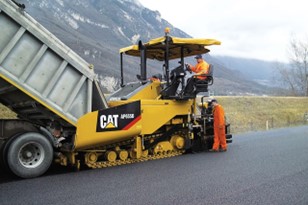
3. Concrete Paving Machine
Concrete paving machines lay concrete in a continuous, controlled way, using a formwork system to shape it to the desired size. They are used for highways, runways, and large concrete projects. Moreover, concrete paving machines include screeds and texture tools for a smooth surface and a concrete placement system that distributes concrete into the formwork, either mechanically or pneumatically.
They also use vibratory compactors and a material handling system that manages the transport and feeding of concrete mix into the machine. Here are the types of concrete paving machines:
- Slipform Paver – Lays concrete continuously, perfect for long, straight roads.
- Curb and Gutter Machine – Specializes in creating concrete curbs and gutters, often used alongside slipform pavers for full road construction.
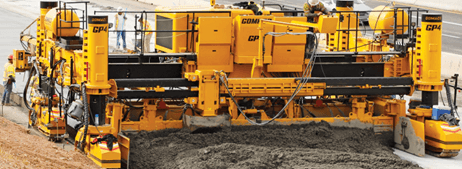
Choosing the Right Construction Vehicles for Your Fleet
As mentioned earlier, appropriate construction vehicles for your fleet are key to improving project efficiency, cost, and success. But whether you’re choosing new or used construction equipment for your fleet you must take into consideration some factors to get the right one. Have a look at those variables:
Assessing Project Scope
The type of project, such as road construction or demolition, will dictate the needed equipment. Site conditions like terrain, weather, and access also affect vehicle choice, with rough terrain needing off-road capabilities. In addition, your project’s size will also determine the number and capacity of vehicles required.
Budget Considerations
Consider your budget when purchasing vehicles, as prices vary. Also account for operating costs like fuel, maintenance, insurance, and salaries. Remember to look into financing options like leasing or loans to manage initial expenses.
Total Cost of Ownership (TCO)
Regular maintenance is crucial for extending vehicle lifespan, so consider repairs, part availability, and labor costs. Fuel efficiency also affects costs — choose vehicles with efficient engines or alternative fuels. Furthermore, take into consideration insurance premiums that vary by vehicle, location, and risk.
Lifespan and Resale Value
Resale value depends on a vehicle’s condition, age, and market demand, so prefer getting equipment from popular and high-quality models and brands. High-quality, vehicles tend to last longer and have better resale value. Proper usage and regular maintenance can also extend a vehicle’s lifespan.
Specific Vehicle Considerations
Identify construction vehicles needed for your project such as whether you require earthmoving, material handling, or road construction equipment or all of them. Moreover, take into account specialized tools like concrete pumps, pile drivers, or drilling machines based on your project requirements.
Key Takeaways
Construction vehicles can be grouped into three categories. They’re earthmoving, material handling, and road construction equipment.
However, when choosing appropriate construction vehicles for your fleet, assess your project’s scope and the equipment’s potential lifespan and resale value. With that said, the right choice could optimize your fleet for easier and better efficiency besides profitability.
FAQs
1. What is the most common construction vehicle?
The bulldozer is the most common construction vehicle. It is widely used for tasks such as pushing soil, grading land, and clearing debris
2. What is the best vehicle for construction?
The best vehicle for construction varies by task. However, excavators are considered best because of their versatility in digging, loading/unloading, demolishing, moving large amounts of earth, and preparing construction sites.
3. What are construction dump trucks called?
Construction dump trucks are often referred to as dumper trucks. They are designed to transport and unload materials such as gravel, sand, and dirt.
4. What is the strongest construction vehicle?
The bulldozer is considered the strongest construction vehicle. Its powerful engine and heavy weight enable it to push large quantities of material with ease. Additionally, the versatility of bulldozers allows them to tackle a range of tasks
Fuel Your Construction Success: On-Site Fueling Solutions from Fuel Logic!
Choosing the right construction equipment is crucial for project efficiency, but ensuring your machines have suitable fuel is just as important. Fuel Logic makes managing on-site fuel storage easy by providing convenient jobsite fueling services tailored to various construction equipment needs.
We deliver fuel directly to you for refueling construction fuel tanks, saving you time and effort.
In addition, we cater to all types of construction vehicles, making certain you get the right fuel for each machine. No matter where your construction project is located, we can deliver to remote locations.
So, contact Fuel Logic today to learn more about our fuel delivery services or order on-site bulk fuel delivery now for your construction equipment!

